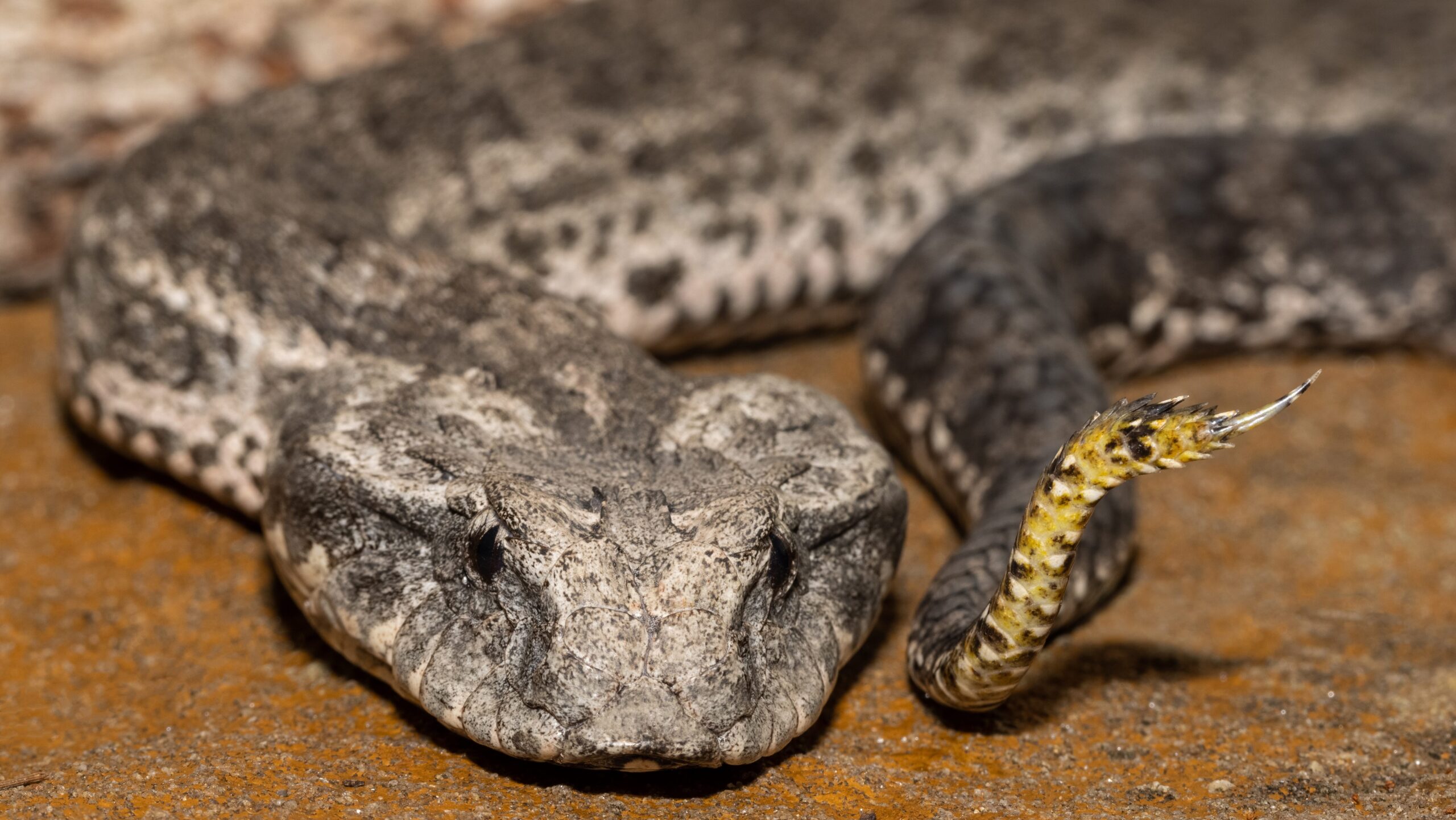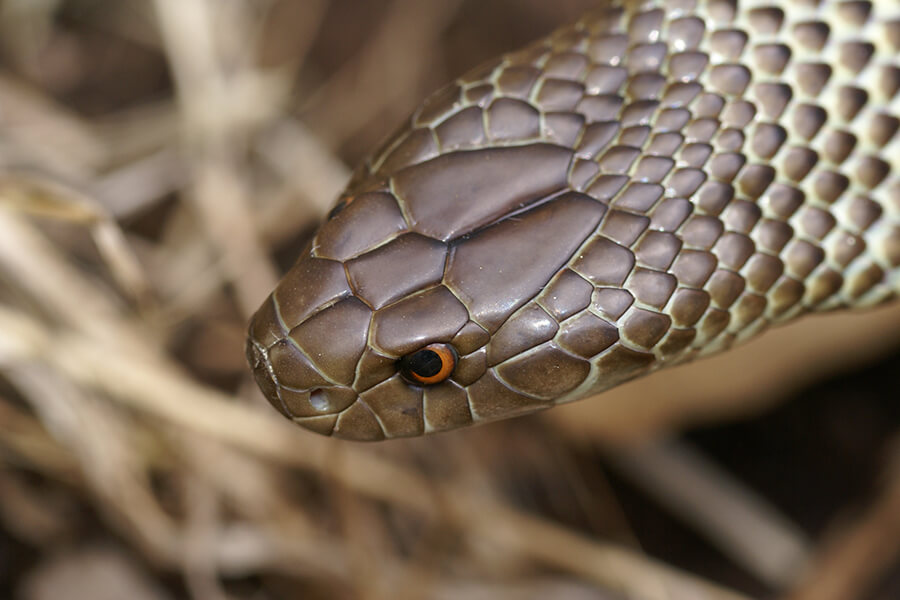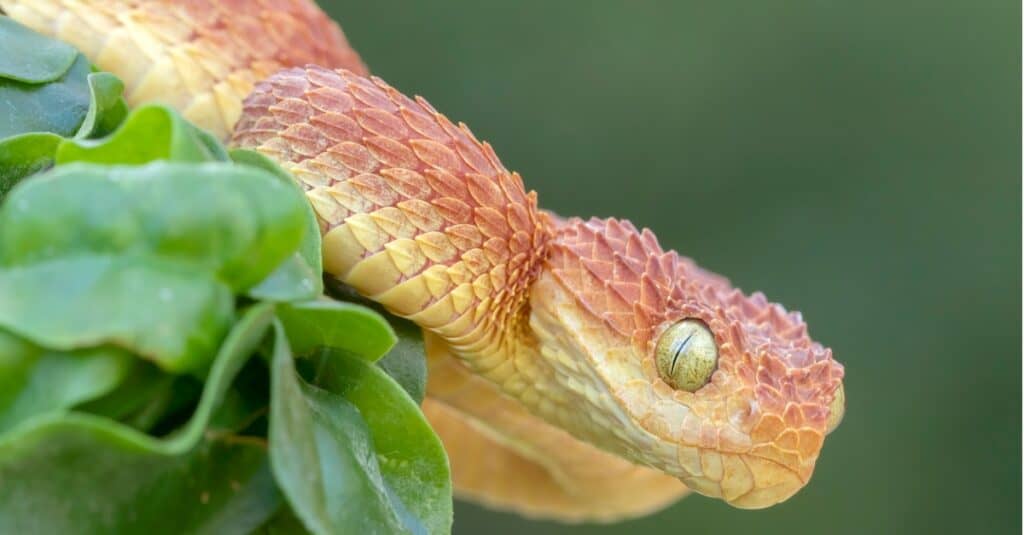Introduction
When it concerns venomous snakes, Australia is home to some of the most remarkable and unsafe species in the world. Amongst these, the Tiger Snake stands out not only for its powerful venom but also for its intriguing behavior. Recognizing the actions of venomous snakes like the Tiger Snake is essential for both wild animals fanatics and those living in locations where these snakes are present. This post looks into numerous elements of Tiger Serpent behavior, habitat, identification, precaution, and first aid techniques in situation of a snake bite.
Understanding the Habits of Venomous Snakes Like the Tiger Snake
The Tiger Snake, clinically known as Notechis scutatus, is well-known for its aggressive nature when threatened. These snakes show a series of behaviors that can be quite various from their non-venomous equivalents.
Characteristics of Tiger Snakes
The Tiger Snake is easily identifiable because of its distinct bands or red stripes that appear like a tiger's markings. They can differ in color from yellowish-brown to dark olive or black. This coloration serves not only as camouflage however also as a caution signal to prospective predators.
Adaptability to Environment
One exceptional facet of their actions is their adaptability to various settings. Located primarily in coastal regions, marshes, and marshes across Australia and Tasmania, they can flourish in varied habitats including metropolitan locations.
Hunting Techniques
Tiger Snakes are ambush killers mainly feeding upon fish, frogs, and little mammals. They possess eager eyesight and an intense sense of smell which aids them in finding victim effectively.
Venom Composition
Their venom consists of neurotoxins that impact the nerves, resulting in paralysis or fatality in smaller sized pets. For humans, immediate medical focus is important after a tiger snake bite because of its potentially lethal effects.
Natural Habitat of Tiger Snakes
Preferred Locations
Understanding where these snakes reside clarify their behavioral patterns. The tiger snake habitat includes:
- Coastal regions Swamps Grasslands Urban areas with plentiful water sources
Seasonal Movements
During warmer months, Tiger Snakes are a lot more energetic as they indulge in sunshine or search for food. In contrast, chillier months see them retreating right into hibernation sites.


Are Tiger Snakes Venomous?
Yes! The concern "are tiger serpents venomous?" frequently develops among those not familiar with this types. Their venom is taken into consideration among the most dangerous amongst all serpent species worldwide.
Symptoms of a Tiger Serpent Bite
If bitten by a tiger serpent, signs and symptoms might include:
- Localized pain Swelling at the bite site Nausea and vomiting Sweating and confusion
Immediate medical help is essential as neglected attacks can result in extreme wellness complications and even death.
First Aid for Serpent Bites: Quick Action Guide
Knowing just how to carry out first aid for a serpent bite might conserve somebody's life. Below's what you need to do:
Step 1: Stay Calm
Keeping calm assists decrease heart rate which decreases poison spread.
Step 2: Paralyze the Influenced Area
Keep the affected arm or leg still and below heart degree if possible.
Step 3: Call Emergency Services
Always look for expert clinical assistance quickly after a snake bite.
First Aid for Snake Bite Set Essentials
A well-appointed snake bite first aid kit must consist of:
- A compression bandage Antiseptic wipes A set of scissors A cold pack
Safety Precautions: Protecting against Snake Bites in Australia
Awareness Programs
Educating communities concerning local snake types and their habits can substantially decrease encounters leading to bites.
Avoiding Harmful Areas
Staying away from long turf during warmer months minimizes call with snakes that might be resting or hunting.
Common False impressions Concerning Tiger Snakes
Many individuals think misconceptions regarding the behaviors of tiger snakes cause unnecessary worry. Right here are some clarifications:
Myth 1: All Tigers Are Aggressive
Not all tiger serpents will display aggressiveness if http://claytonmbgo795.bearsfanteamshop.com/australian-snakes-and-their-bites-essential-first-aid-information left uninterrupted; many choose getting away instead of confrontation.
Myth 2: They Chase Humans
Tiger serpents do not proactively chase human beings; they may strike when they really feel threatened yet will usually pull back if offered space.
Conservation Initiatives Connected to Poisonous Snakes
Conservation efforts concentrate on enlightening communities concerning safeguarding local wild animals while minimizing human-snake interactions.

Importance of Ecosystems
Understanding that venomous snakes play an important snake types role in keeping eco-friendly balance aids foster gratitude as opposed to concern towards them.
FAQs About Tiger Snakes
What should I do if I experience a tiger snake? Behavior of venomous snakes- Maintain range and slowly pull back without sudden movements.
- While attacks aren't exceptionally typical due to recognition initiatives, they still take place every year within Australia.
- Baby tiger snakes can deliver complete dosages of venom despite being smaller; for this reason caution is suggested around them.
- They mainly take in frogs, fish, small creatures like rats, and various other reptiles.
- It's unlawful in most territories without appropriate licensing as a result of safety and security concerns concerning their venom.
- Wear tough boots and remain on significant trails; look before positioning hands or feet right into concealed rooms like rocks or logs.
Conclusion
Understanding the habits of venomous serpents like the Tiger Serpent not only enhances our understanding but also promotes safety and security awareness among those living near their environments. From recognizing their attributes, recognizing emergency treatment procedures complying with a bite, through engaging preservation efforts-- every aspect plays an important role in fostering conjunction with these remarkable reptiles while respecting their place within our ecosystem.
As we grow our understanding through education and learning and experience, we add favorably toward making certain both human security and wildlife preservation-- benefitting all events involved!